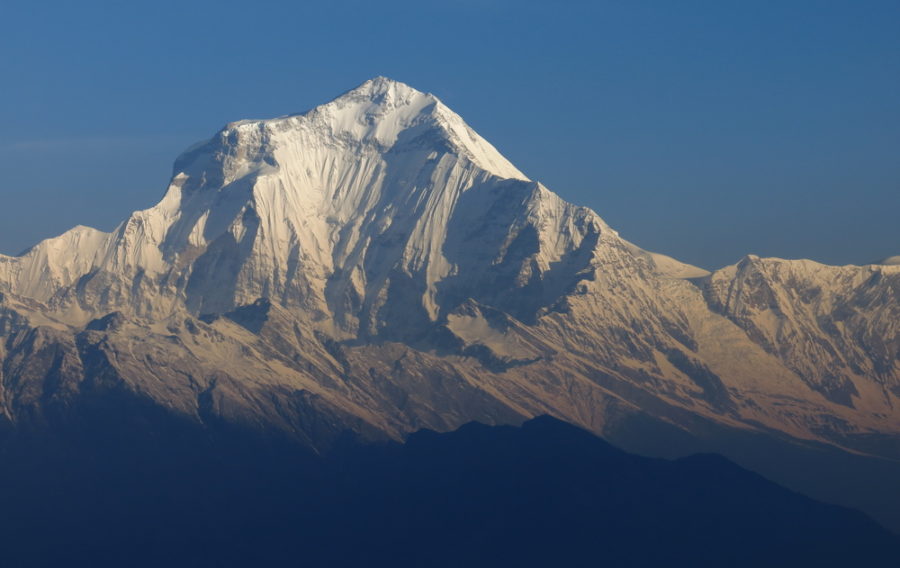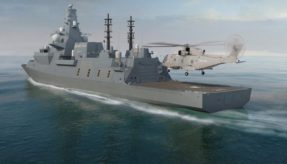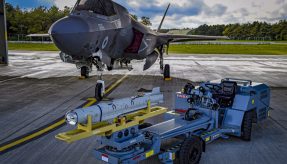
Military team climb Nepal’s highest mountains investigating low oxygen levels on human physiology for medical research.
A military team made up of members of the Royal Navy, Army and RAF, were at the Royal Geographic Society yesterday, ending their expedition up the mountains of Napal, which they undertook earlier this year.
The aim of their expedition was to gain medical knowledge around the effects of low oxygen levels on human physiology, and a better understanding of how the body responds to this in both health and disease.
Welcoming the team’s work, Defence Minister Mark Lancaster said: “Our Armed Forces are ready to be deployed anywhere in the world on missions ranging from humanitarian help to combat situations, working in what can be unimaginable conditions. Research like this is vital to ensure we understand how best to look after them and ensure they can be as effective as possible.”
The team tackled extreme weather, trekking up Nepal’s famous Dhaulagiri circuit, involving a multiday trek to the Hidden Valley and a climb to the summit of Tukuche Peak. The more capable mountaineers then went on to climb Damphus Peak and, finally, the seventh highest mountain in the world, Dhaulagiri itself, where they reached heights of 7500m.
Sqn Ldr Dan Graves, 46, who took part in the expedition, explained that it was a great success: “The conditions in Dhaulagiri were extremely difficult, with sub-zero temperatures, dangerously strong winds, huge altitude increases and equally low oxygen concentrations as we climbed some of the world’s highest terrains. I’ve climbed mountains in Scotland, Bolivia and the Alps, but this was the most challenging experience of my life.
“By using analysis of blood and ECG examinations on those who took part, we have successfully contributed to developing evidence-based medicine best practices for prevention and treatment of altitude illness and mitigating performance impairments.”
The research will aid personnel who are often deployed to these mountain regions, helping them work in the mountainous terrain which can provide sanctuary for hostile forces, particularly terrorist organisations.
Rapid ascents in high mountainous environments can have debilitating effects on the capabilities of un-acclimatised troops. This research will now help the military to better understand these effects and mitigate against them.
If you would like to join our community and read more articles like this then please click here
Army medical research mountains RAF Royal Geographic Society Royal Navy







